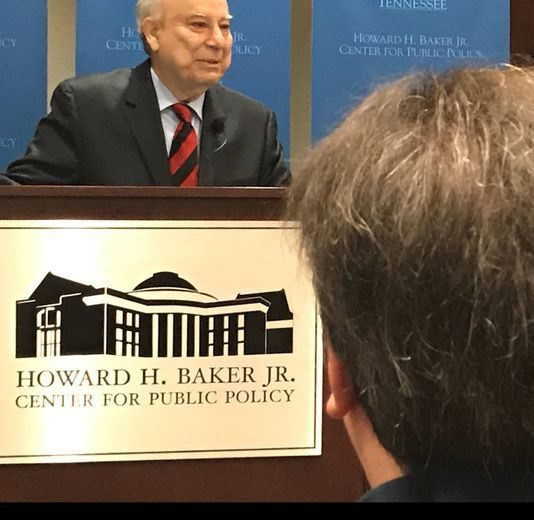
Georgiana Vines: Leading authority on Islam talks religion bridge-building at UT
Akbar Ahmed, a leading authority on Islam at American University and former Pakistani high commissioner to the United Kingdom and Ireland, believes building bridges across religions is essential to solving global problems of war and terrorism.
Ahmed spoke Wednesday at the University of Tennessee, asking the standing-room-only crowd at the Howard H. Baker Jr. Center for Public Policy “to get into my skin” to understand his message. While Muslim, he attended schools where he was taught by Christians, he said.
“They shaped me as much as my religion,” Ahmed said.
The naturalized U.S. citizen said he realizes he is a symbol for statements by others and actions with which he does not agree. He referred to the barbaric methods of the Islamic State in Iraq and Syria, or ISIS, which is killing people, particularly targeting women and children, as it attempts to establish a foothold in the Middle East. ISIS also is known for using “the world of the internet,” he said, to promote its reactionary politics and religious fundamentalism, especially with young people.
Ahmed emphasized the need for dialogue among religious, political and community leaders that are broadly based and representing extremists on either side of the philosophical aisle. He has just published his latest book, “Journey into Europe” with a sub-title, “Islam, Immigration, and Identity,” in which he and a team of researchers spent four years throughout that continent talking to prominent figures and everyday Europeans.
He told the group the book traces the history of Islam in Europe and traces the history of Judaism, too.
Assisting on the project was Harrison Akins, a graduate research fellow at the Baker Center and a Ph.D. candidate in political science at UT. Akins studied under Ahmed at American University and also worked for him as a researcher and field work coordinator for two years in Europe. Akins, a Maryville High School graduate, said he visited 10 countries for the project. He made arrangements for Ahmed to speak at the Baker Center under a lecture series established by former Knoxville mayor and U.S. Ambassador Victor Ashe. Ashe, in introducing Ahmed, said the high commissioner, in effect, was an ambassador to the countries he served, representing Pakistan.
Other books by Ahmed are “Journey into American,” “Journey into Islam” and “The Thistle and the Drone,” which looks at mostly rural tribal Muslim societies on the peripheries of both Muslim and non-Muslim nations, a book synopsis says. He also is a published poet and playwright. Ahmed serves as a trustee for the World Faiths Development Dialogue, chaired by Lord George Carey, the former archbishop of Canterbury, and is a member of the International Advisory Board for The Senator George J. Mitchell Institute for Global Peace, Security, and Justice at The Queen’s University of Belfast.
Ahmed told the Baker Center crowd, a cross-section of the UT and Knoxville-area communities, that he had “broad conclusions” from his journeys through America and Europe.
First, a huge gap exists between older and young communities or generations, certainly among Muslims, he said. Each community represents a different culture and group of friends, he said.
Second, he questions who is going to guide Muslim youth if they aren’t communicating with their parents. The young people often know the local language while the parents do not, he said. The religious leaders at the local mosques often don’t speak the local language either, he said. This is when young people can become attracted to groups like ISIS through the “world of the internet” and get caught up in the message, he said.
And lastly, “there is too little interfaith (dialogue),” he said.
Ahmed said Americans need to remember the Founding Fathers of the U.S. emphasized religious freedom. A statue of an angel at the University of Virginia, founded by Thomas Jefferson, symbolizes the freedom, he said. The angel holds a tablet that reads “Religious Freedom, 1786,” below which is inscribed God, Jehovah, Allah, Brahma, Ra and Zeus.
“They (the Founding Fathers) were giving something new to the world,” Ahmed said.
Georgiana Vines is retired News Sentinel associate editor. She may be reached at gvpolitics@hotmail.com.
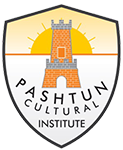
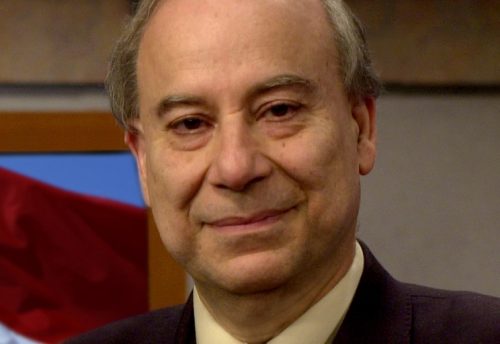
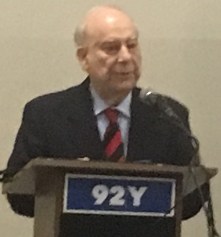
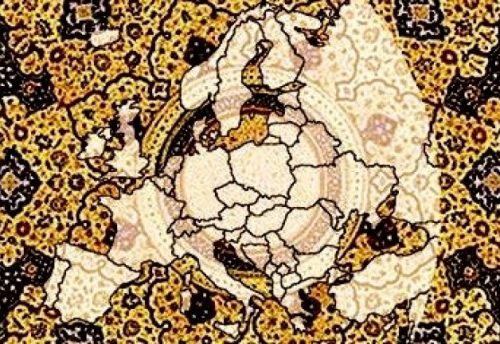
Leave a Reply